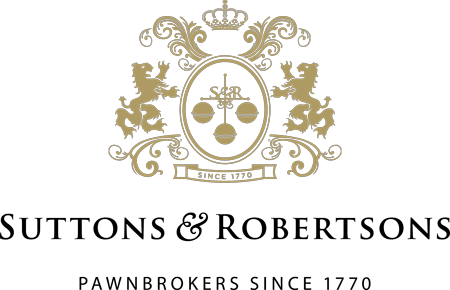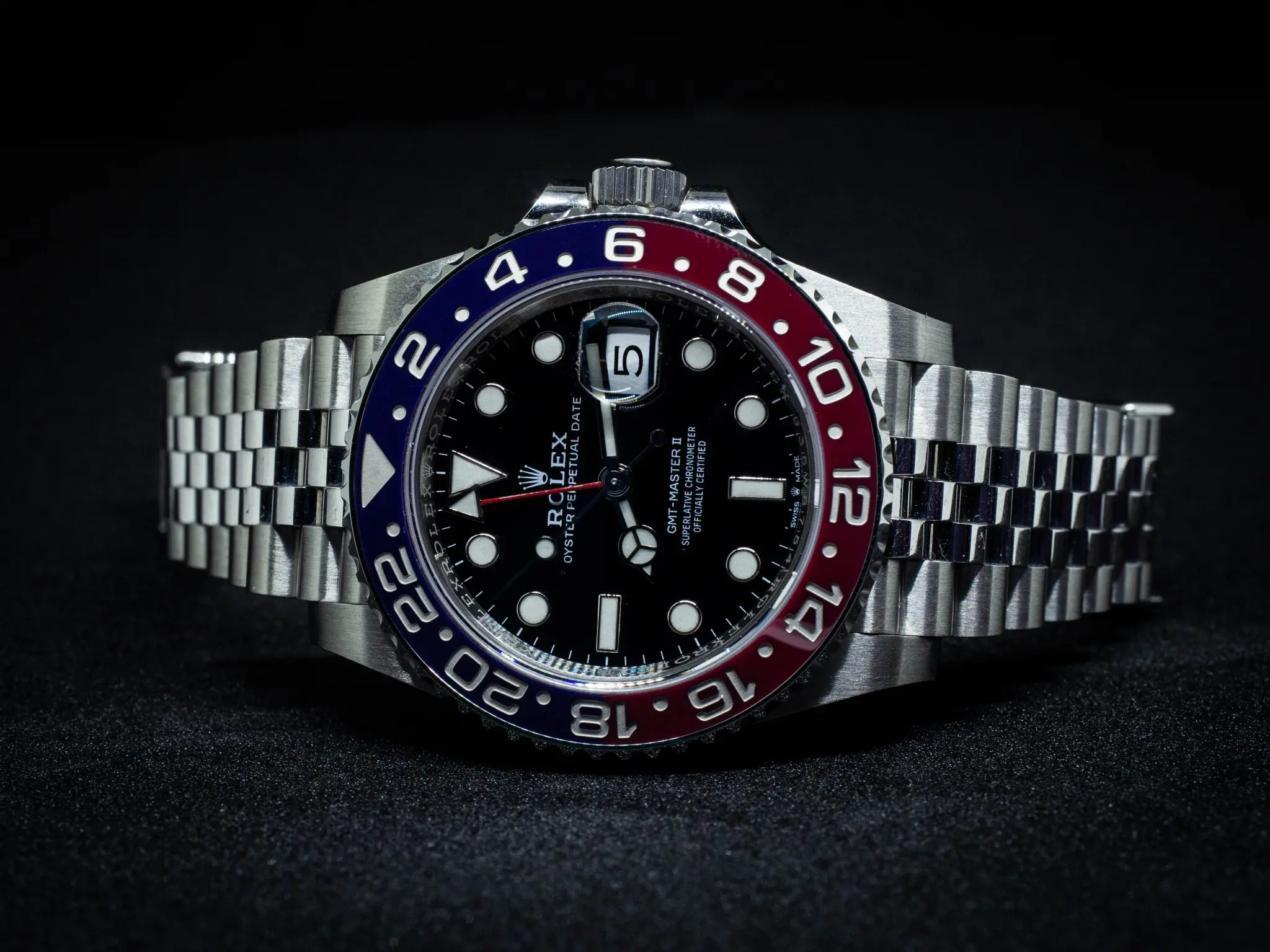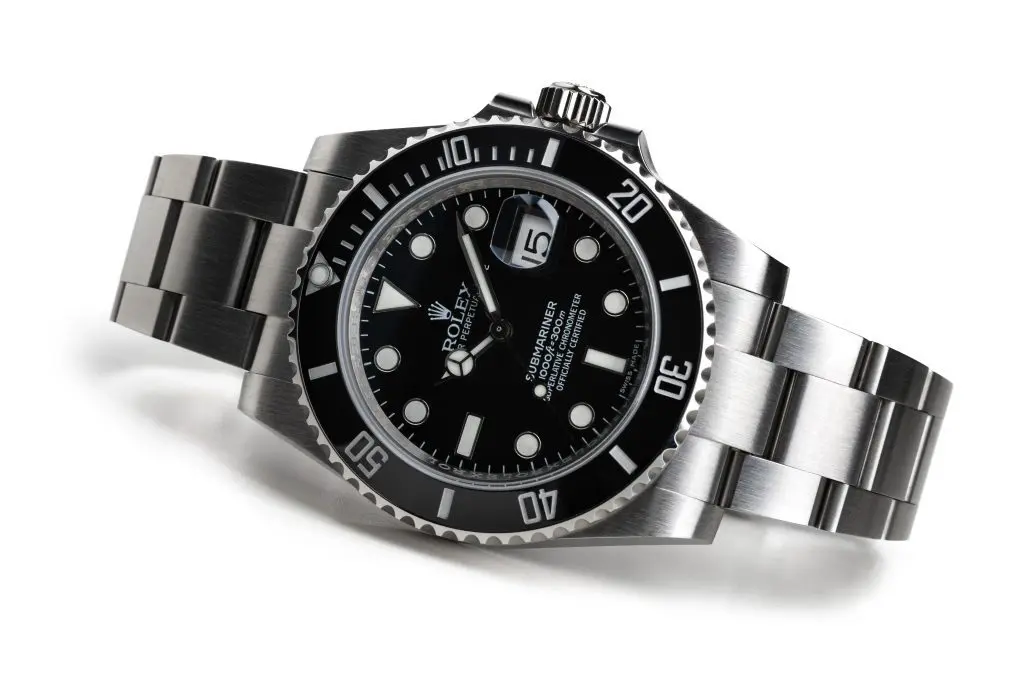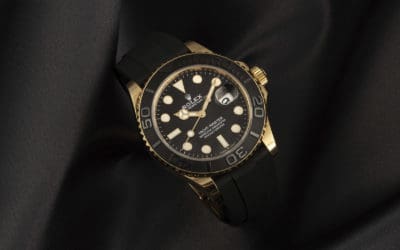The Swiss watch super brand, Rolex, is facing shortages across many models, driving up prices on the pre-owned market.
There is a Rolex supply issue across many models, including a Rolex stainless steel sport watch shortage it’s tempting to pin the problem on the pandemic; however, there’s more to the shortage than simply the supply chain issues tied up with Covid-19.
To truly understand the Rolex shortage, you need to appreciate one of the fundamental principles that Rolex operates on – to only ever make a certain number of watches each year resist the urge to flood the market with increased production. Add to that fact the basic machinations of supply demand economics you’re only a tipping point away from a shortage.
Demand for Rolex always seems to outstrip supply, evidenced by the years-long waiting lists for some models releases. Nevertheless, something has happened to transform a patient wait for a watch into a bona fide shortage. To understand the Rolex shortage of 2020, subsequent years, it seems that we need to return to Baselworld 2016 the release of the Daytona 116500LN. This Daytona teamed Rolex’s signature Oystersteel case bracelet, ceramic bezel a black or white dial.
A gorgeous watch, it was bought by the few coveted by the many. Rather than luxuriate over their Daytonas in private, many proud owners took to social media to show theirs off. Consequently, demand skyrocketed waiting lists grew longer.
The Rolex Ripple Effect
Did a bit of posting on social media really cause a Rolex Daytona shortage? It certainly triggered a series of cause-and-effect actions that resulted in not only a Daytona shortage but Rolex stainless steel shortage in general.
The fear of missing out on the Daytona 116500LN drove collectors to authorised dealers who had nothing to offer them but a spot on the waiting list. It’s then that things begin to get interesting because, as a potential buyer, you can either wait, buy another in-stock model or check out the pre-owned market for a ‘flipped’ watch. Some waited, some plumped for a Submariner, a GMT-Master II or a Sea-Dweller some were able to get their hands on a pre-owned Daytona with a hefty mark-up. Still, Rolex only opted to make the same number of watches as ever.
Why not make more Rolexes?
This is where economics psychology make things more interesting – lucrative if you happen to already own a Rolex. Rolex is perfectly positioned to help ‘steer’ customers who really want a Rolex at any cost towards their less popular models, such as the Datejust, while keeping the customers who are prepared to go all-out for a Daytona – or a Submariner.
Rolex claims that “The scarcity of our products is not a strategy on our part. Our current production cannot meet the existing demand in an exhaustive way, at least not without reducing the quality of our watches – something we refuse to do as the quality of our products must never be compromised.” It looks like, on the surface, the Rolex professionals shortage is a naturally occurring event. With the Rolex factory ceasing production at times during the pandemic, there were occasions when no Rolex watches at all were produced. Add a gap in production to a global shortage of watches it makes is easy to see why the value of a Rolex is only going up.
Does the shortage apply to all Rolexes?
Yes no. There is an absolute shortage of stainless-steel sport watches across most models. With the Daytona at a premium, the Submariner the Explorer I II are often next in line for consideration. With the increasing demand for Rolex sports watches, buyers move through the ranks looking for the next best thing. Authorised dealers cannot keep up with demand, which means that preowned dealers sellers are able to set their own price on a Rolex.
In addition to going for the next-best-model, potential Rolex purchasers have also opted to go with non-stainless-steel models rather than go without. This means that other previously easier-to-procure models, such as the Explorer II, are in demand as never before.
Rolex Preowned at a Premium?
It’s an interesting thought one that’s worth dwelling on. Traditionally, authorised dealers sold their watches at a higher price. With demand sky-high, it means that pre-owned dealers are now commanding the higher prices. For some authorised dealers, this meant that they would nudge their prices up above Rolex’s pricing system. Rolex put a stop to this practice in 2017, not long after the Daytona landed at Baselworld 2016. This means that the authorised dealers are both set to the number of watches they will receive also the prices that they can charge. It makes the pre-owned market all the more buoyant, which sees second-hand watches being snapped up instantly they become available. It can mean that you can pick up a preowned Rolex for more than the cost of a brand new watch straight from Switzerland.
Rolex Supply, Demand Shortages
The Rolex shortage is now stretching into the 2020s; it can’t simply be explained away by the pandemic or supply chain challenges or Brexit or any other the other fabulous theories that surround the Rolex brand regarding targeted distribution tactics. Simply put, Rolex is king the appetite for Swiss craftsmanship is still growing for the sports watches in particular. Gracing the wrists of superstars, including Roger Federer, Lionel Messi Lebron James, as well as Jay-Z Rihanna, the Rolex brand remains in the ascendancy. If you’re looking for an investment, then a preowned Rolex is hard to beat based on previous performance. Demand shows no sign of slowing you could be looking at a superb return on investment. If you’ve got a Rolex that you’d like valued, Suttons and Robertsons offers expert valuations of all Rolexes, including stainless steel sports models, from our team of experts.






